
While most of us are familiar with the top-tier Shimano drivetrain offerings; SLX, XT, and XTR, there are (or were) a slew of component lines sitting below. Shimano’s Altus, Acera, Alivio, and portions of Deore will now get swept over by Shimano CUES, an acronym for Creating Unique ExperienceS.
CUES will now be Shimano’s go-to drivetrain for entry-level mountain bikes. The consolidation includes 9-, 10-, and 11-speed options with interchangeable components like derailleur pulleys, cassette sprockets, and chains. By replacing the three Altus, Acera, and Alivio groups, along with 10- and 11-speed Deore with CUES, Shimano says it will simplify the lives of retailers, bike mechanics, bicycle product managers, and consumers.
Shifter options
There are three tiers for CUES: U4000, U6000, and U8000, similar to the way Shimano organizes its other gravel and mountain bike drivetrains. Mountain bikers will probably see the U6000 components the most, but there is compatibility between all of the levels. Shimano calls the U8000 line its “premier 11-speed lineup” with “elegantly designed levers and polished metallic luster accents [that] elevate a bike’s appearance.”
Shimano CUES shifter options include both shift-indicator models and those without the little window. Shifting can be done with either a push or pull actuation on the top lever for upshifts. The U8000 model CUES shifters will be I-Spec II compatible. U6000 model shifters will be available in 11-speed models with indicator and indicator-less options while both U8000 shifters have a gear display.
Cassette options
Shimano CUES will use LinkGlide technology and though it will shift a little slower than its higher-priced HyperGlide+ technology, the brand says that it actually has a smoother feeling step from gear to gear. LinkGlide’s cassette teeth have a thicker base and a “unique chamfer” that improves wear resistance, according to Shimano and the change should extend the life of an average cassette and reduce chain skips. Put simply, the teeth are taller and thicker and have robust shift ramps. Shimano says it’s the smoothest shifting they can develop as of now and should work well with newer riders who may not yet be used to shifting on a mountain bike.
Cassette options can go as high and wide as a 11-46t for 9-speed, 11-48t for 10-speed, and 11-50t for 11-speed, though there are differences between each cassette too. The cassettes don’t necessarily follow the U4000 – U8000 Shimano tiers but are classified differently with an LG designation. LG (LinkGlide) 300, LG400, and LG700 are the different levels of cassette options, though these come in different range options, with the LG700 getting the widest 11-50t range cassette.
Crank options
Shimano will have three levels for single-ring cranksets — U4000, U6000, and U8000 — and all will use the same chain. The U6000 is likely what we’ll see on mountain bikes since it’s available in 30t and 32t configurations and the other CUES cranks have been designed with hybrid bikes, e-bikes, and road bikes in mind. There is a single-ring U4000 option too though.
Derailleur options
The U6000 version derailleur will be ready for 11-speed 11-50t cassette and be readily adjustable with a Shimano clutch. Shimano says this will likely be the most popular option for mountain bikers.
The U4000 derailleur won’t use a traditional friction clutch but rather a spring to keep chain retention in check, however they say it exceeds the clutch strength of the 11-speed SLX-XTR derailleurs though it might be noisier.

What does it mean for mountain bikers
Shimano says that bike brands will have a simpler menu to shop from when speccing a bike and there will be somewhat of a standard that buyers might see on entry-level complete builds. With complete 1x wide-range drivetrain systems available from CUES, it will be interesting to see what bikes hit the market with the system. Since compatibility is a hallmark of CUES, product managers should be able to make some smart substitutions for certain components to help bring price points down even further on complete builds.
Riders who have bikes with Shimano Altus, Acera, and Alivio will still have support at bike shops and through Shimano. A small pricing sample was included with Shimano press materials, however it doesn’t seem as likely that many buyers will be shopping a la carte for these components as it does that they’ll be showing up on new crops of entry-level complete MTBs. Weights for new CUES components were not included.
To give one example, a U8000 level drivetrain would ring in at $450 total with these numbers:
- U8000 11sp shifter: $59.99
- LG700 11-50t cassette: $130
- U8000 RD-U8030 rear derailleur: $74.99
- LG500 chain: $22.99
- MT501 bottom bracket: $22.99
- U8000 1×11 crankset: $139.99
Shimano said these parts could show up on complete bikes as early as the spring months of 2023.


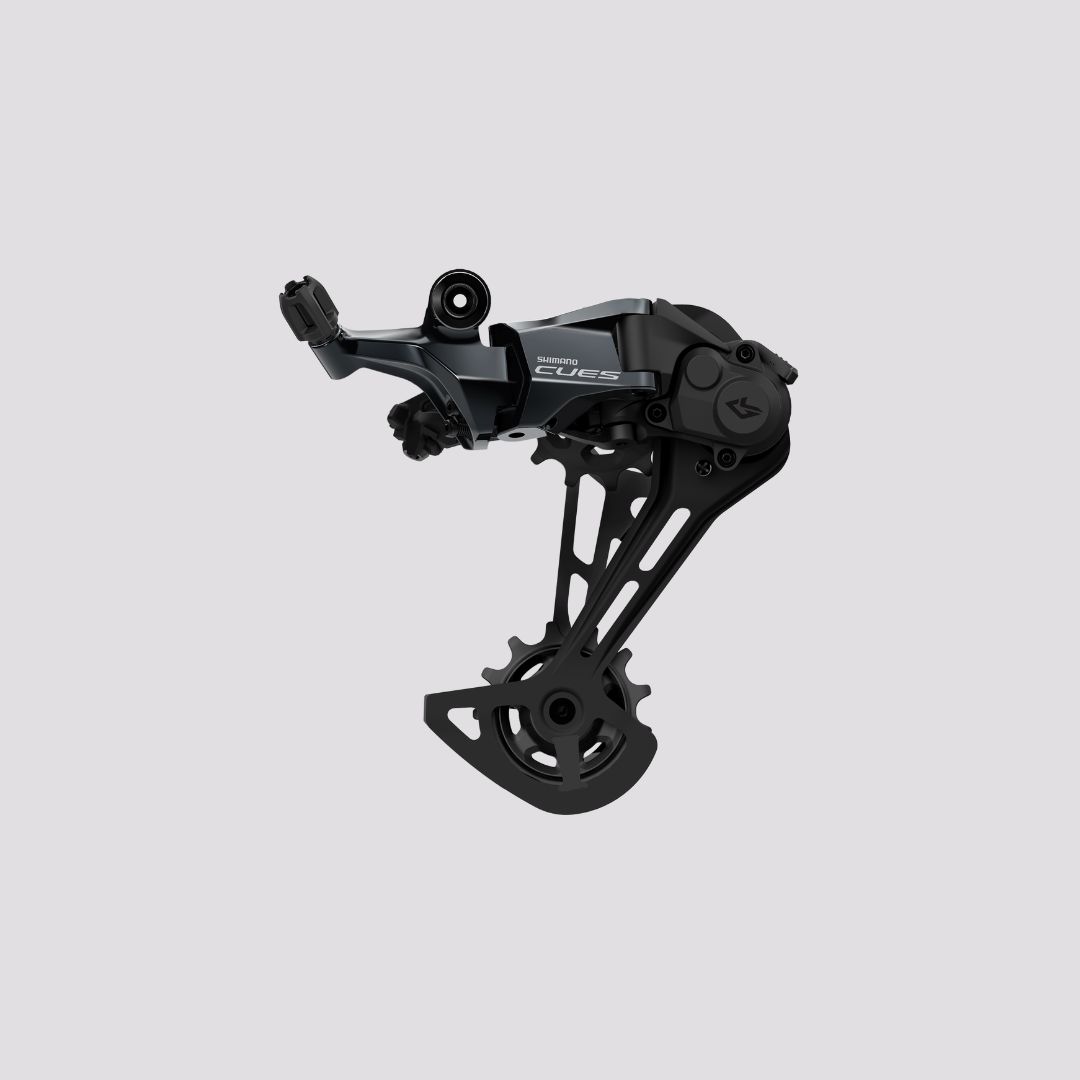
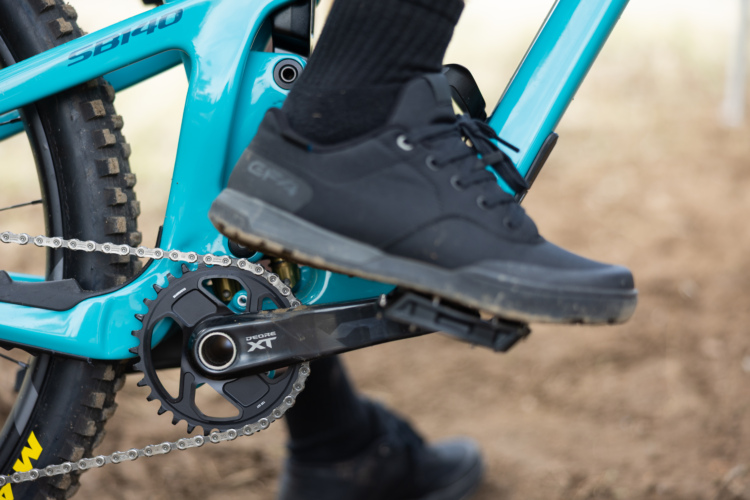


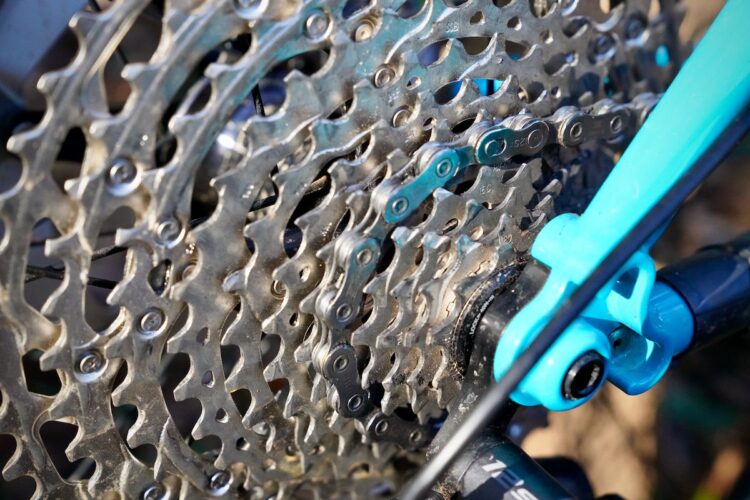
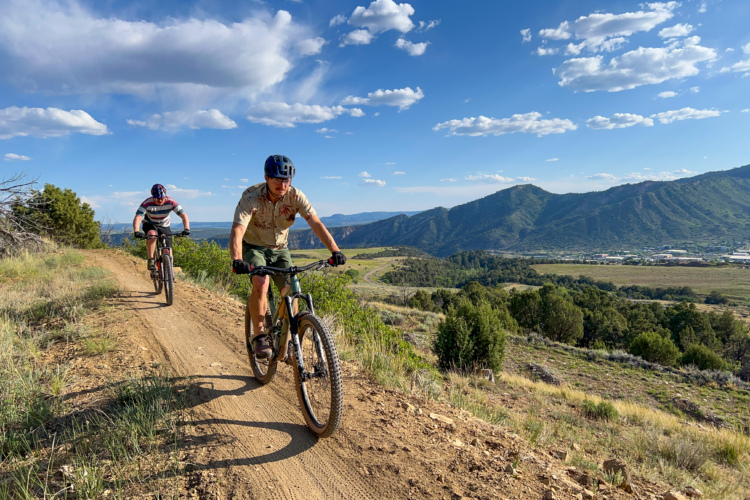
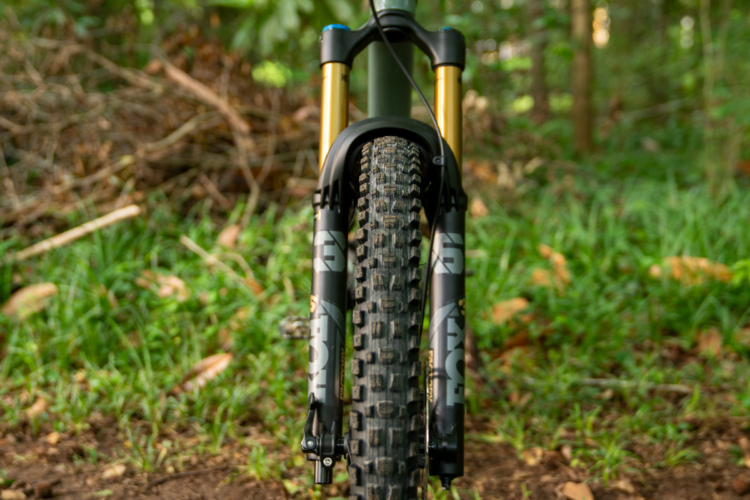
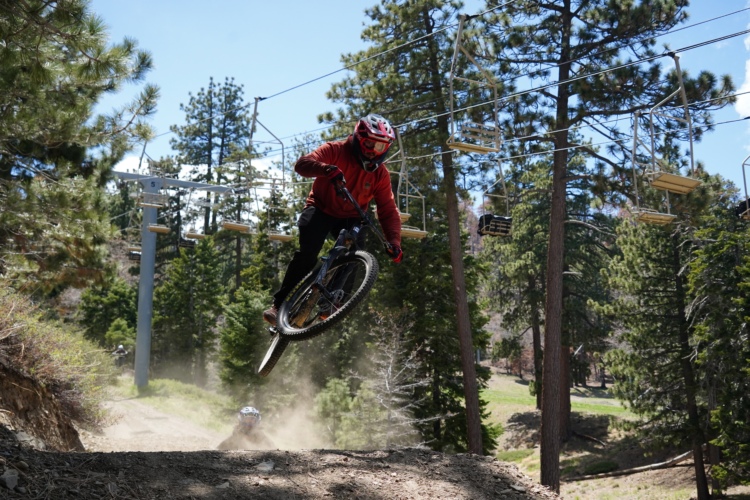
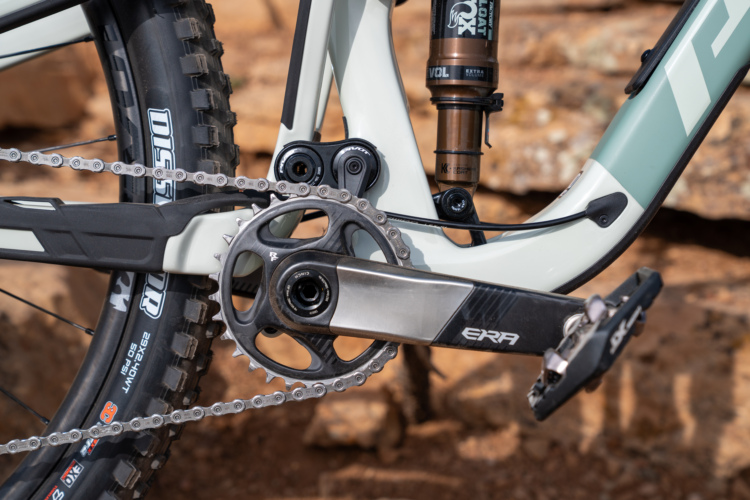

0 Comments